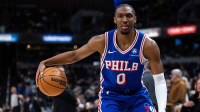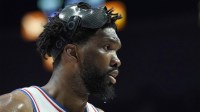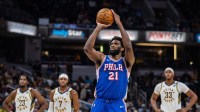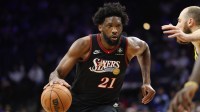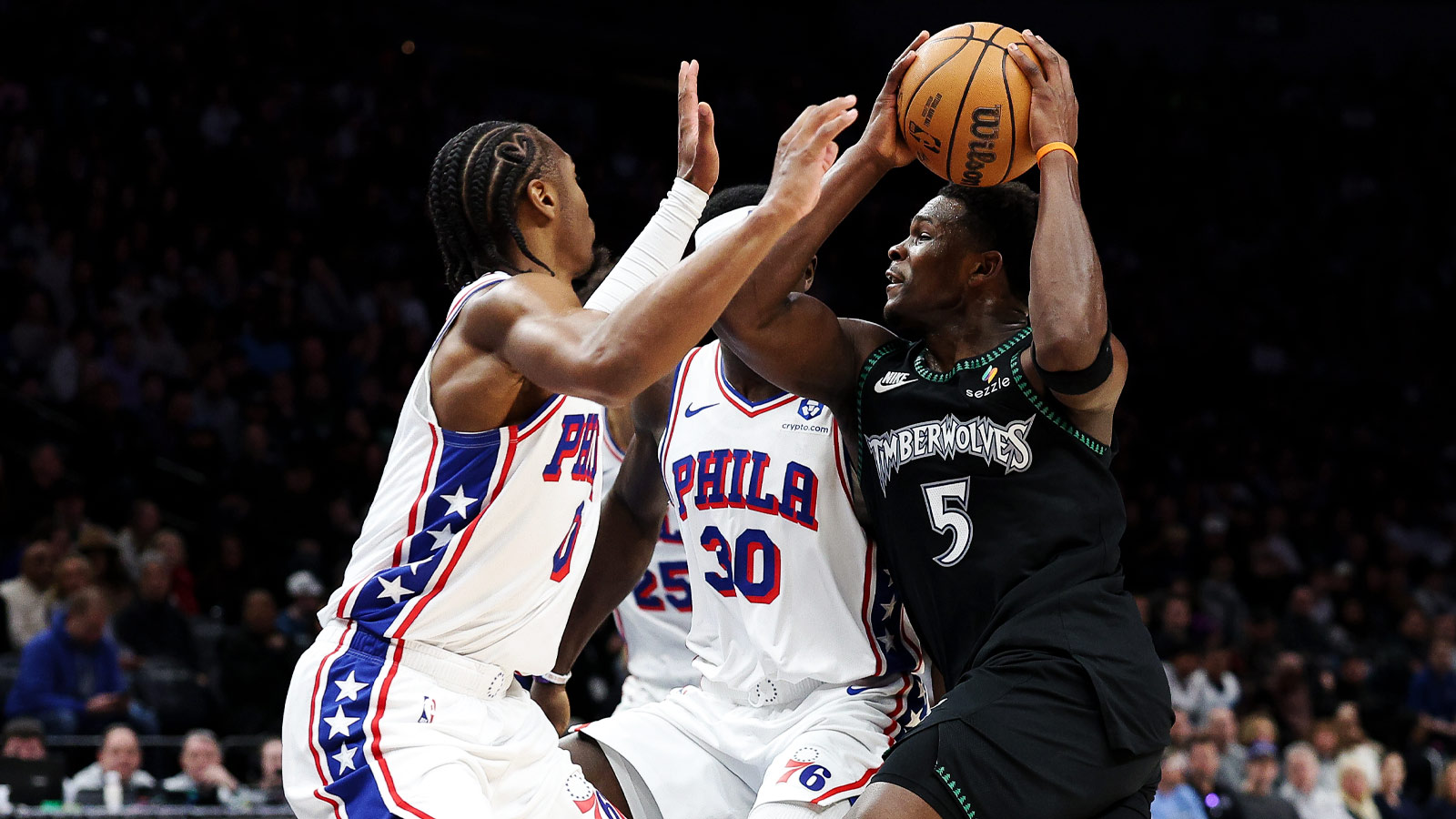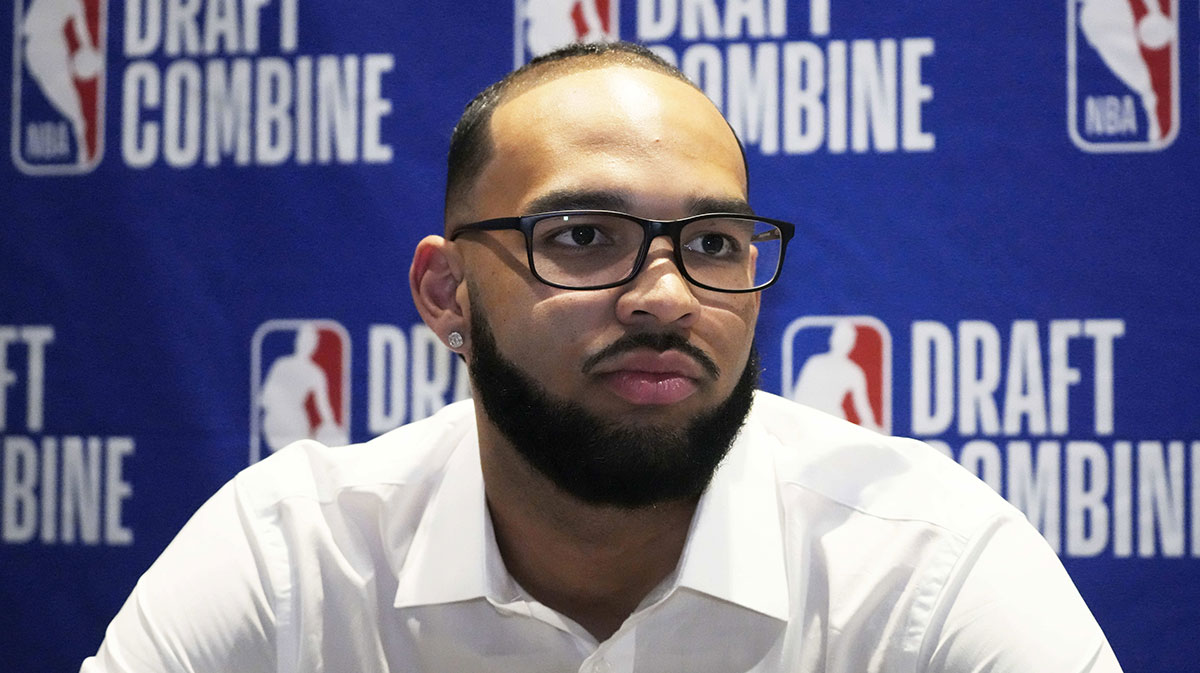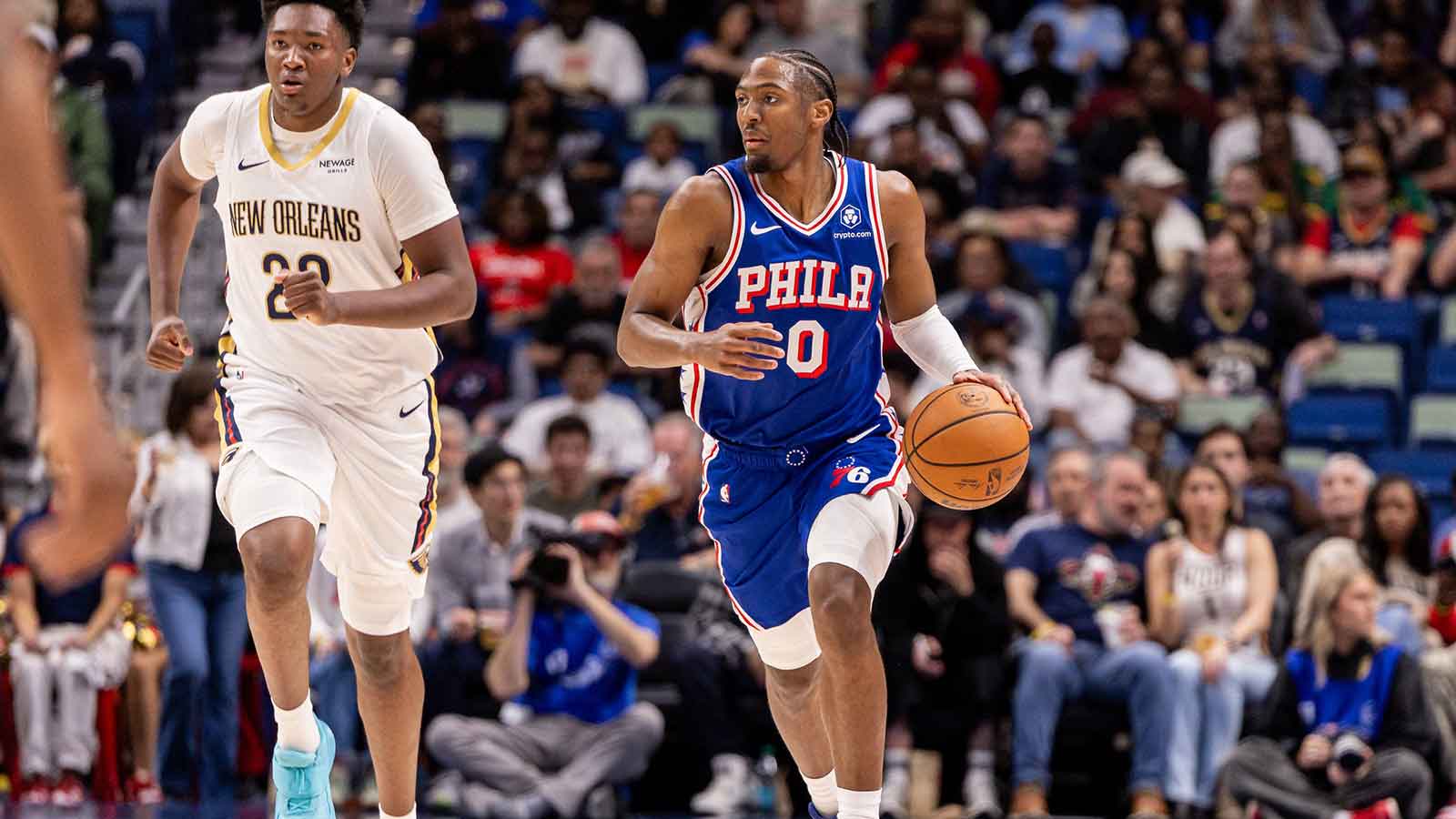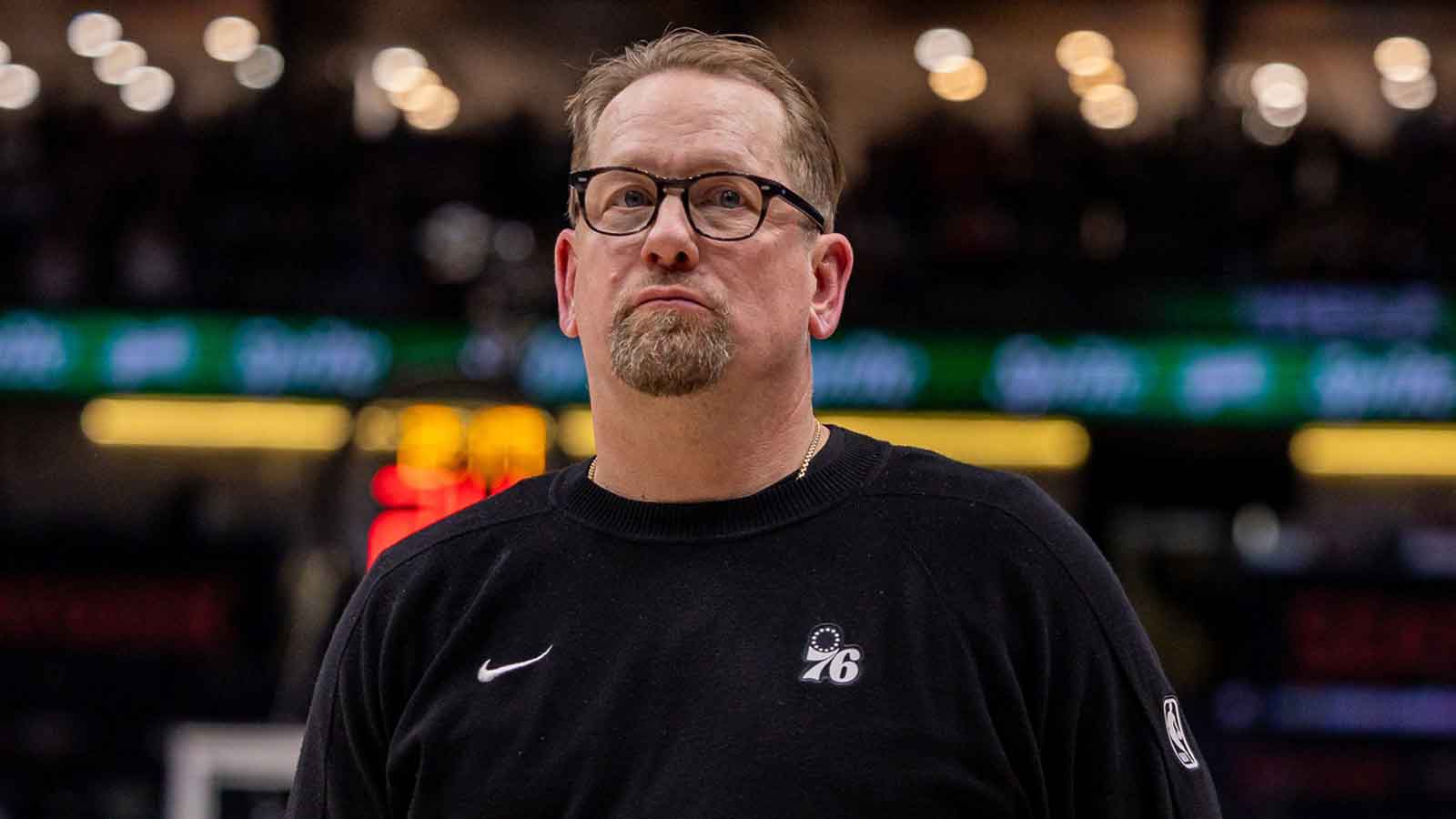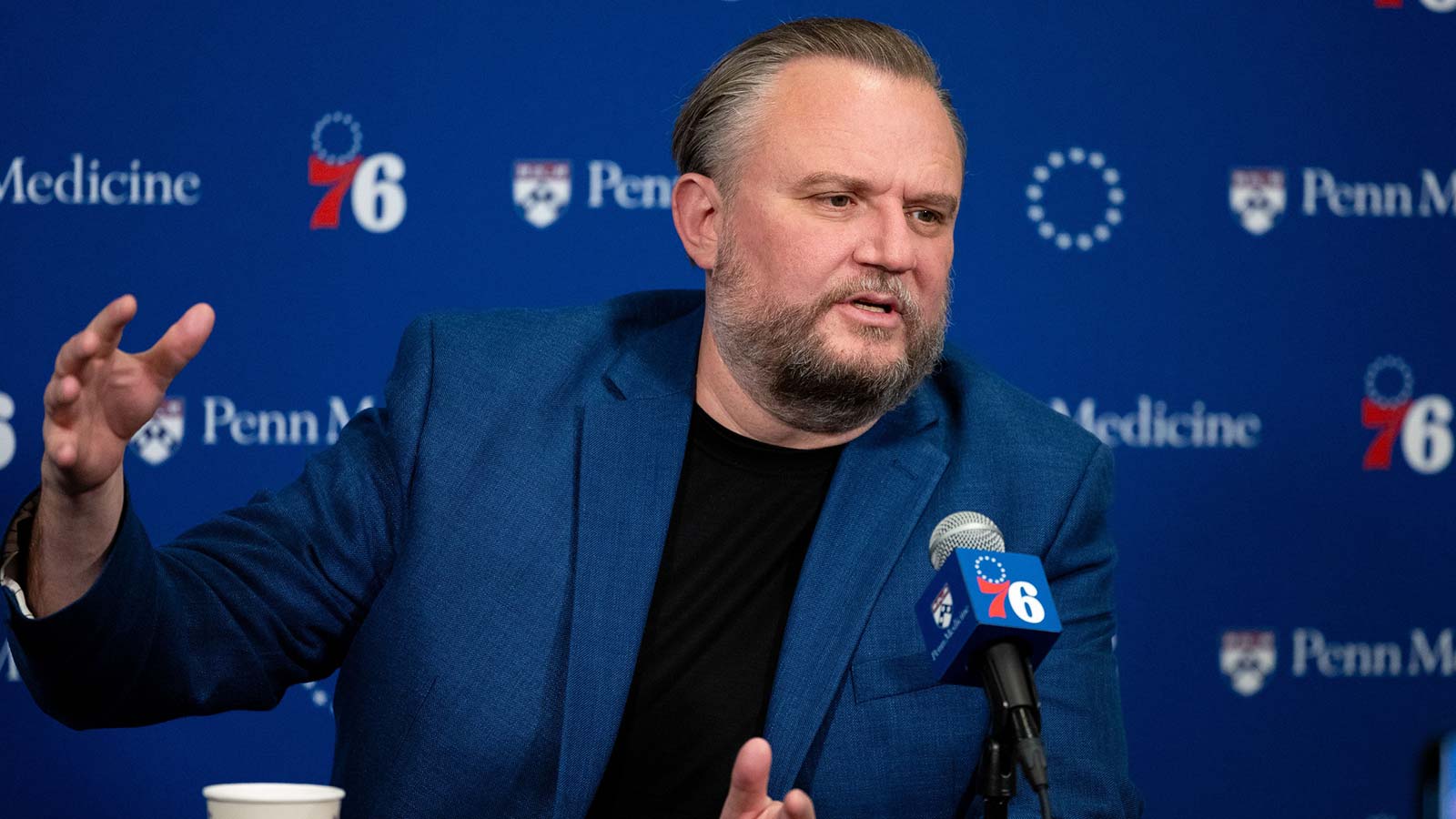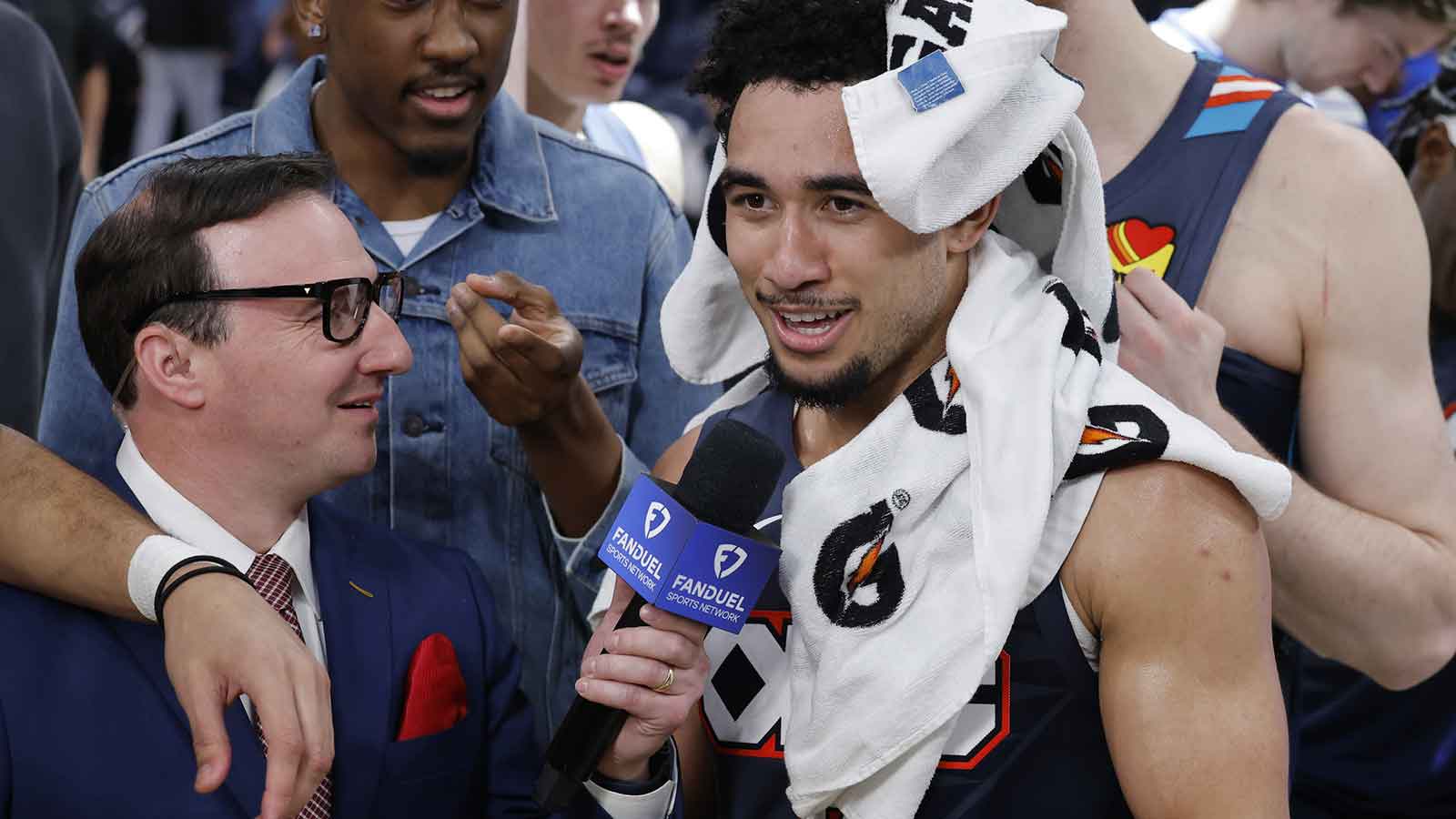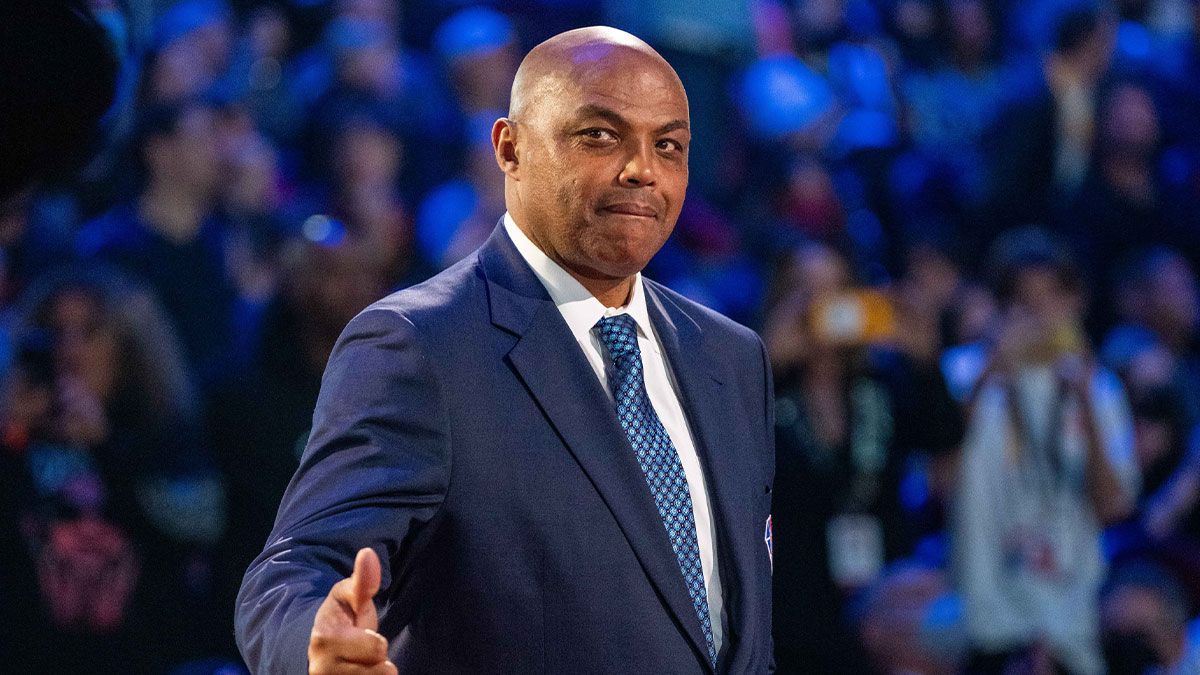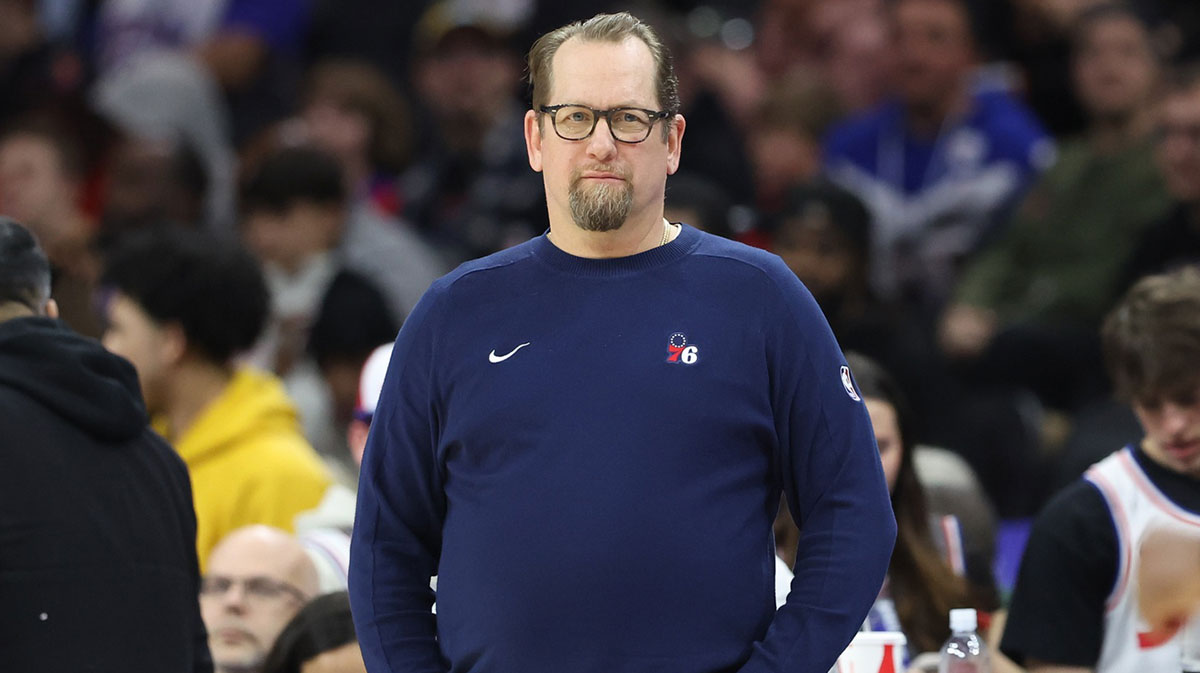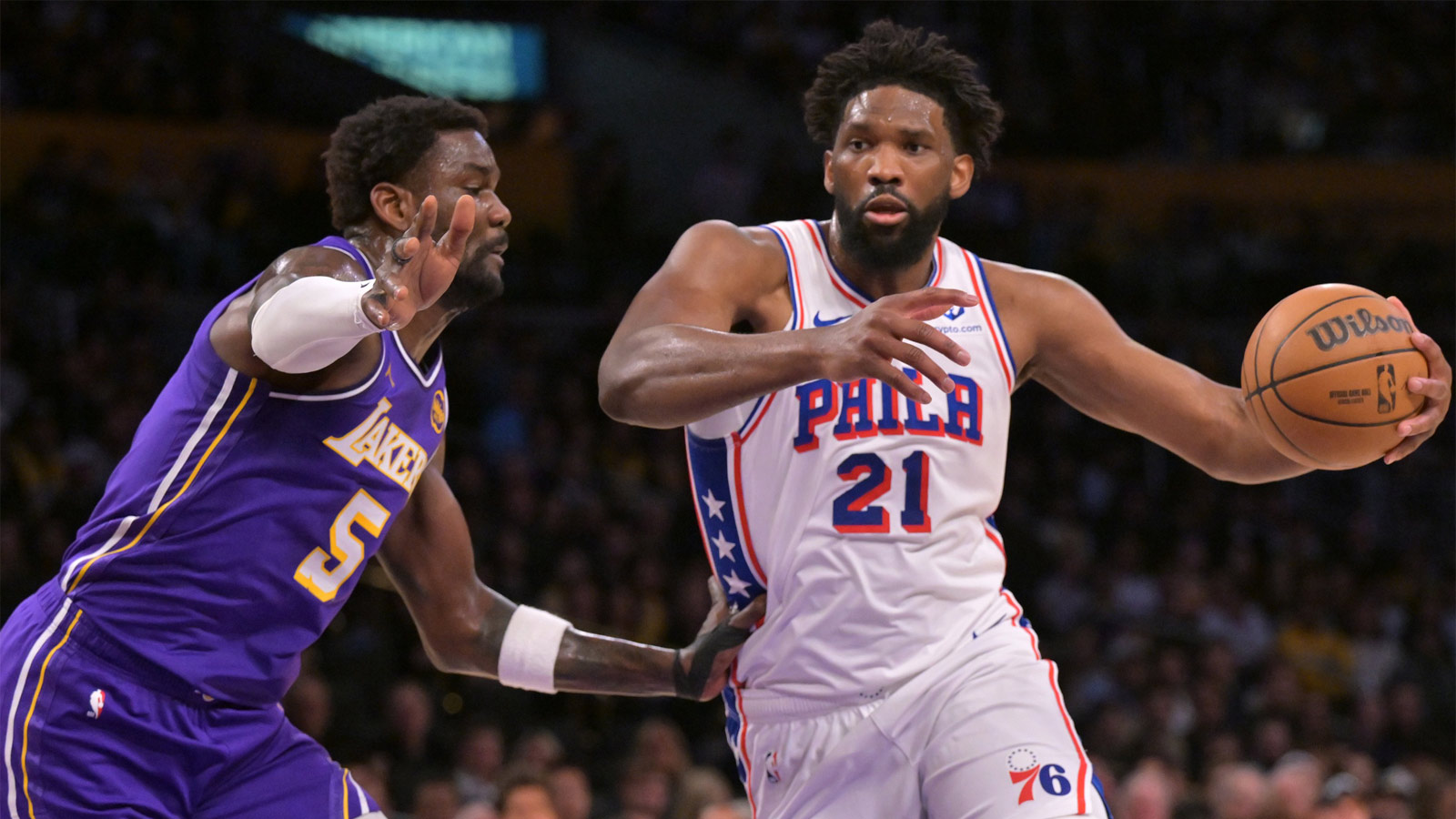Call it overreaction Wednesday, but if the season-opener between the Philadelphia Sixers and the Boston Celtics showed us something last night, was their dire need for a shooter in the starting lineup.
Yes J.J. Redick, they need you — just like you thought they would when head coach Brett Brown recently pitched the idea of coming off the bench, only to see the panic in the team's face once a knock-down shooter wasn't around to bail them out.
Here are several viewpoints of why a change in the starting lineup needs to happen in order to avoid an early season-slump.
One-and-out:
The NBA is a league of chances, but the Markelle Fultz experiment has proven to be a complete fluke throughout the preseason and now for real in the first game of regular season play. Fultz was a mere 2-of-7 and scored only five points after splitting free throws in his season debut through 24 minutes.
The former No. 1 overall pick played only three minutes in the second half, as a result of his struggles from the field. His floor stats didn't fare much better, registering a team-worst minus-16 by adding only three rebounds, two assists, a steal and three turnovers during his run.
Markelle Fultz stops and pops for the @sixers two! #KiaTipOff18 #HereTheyCome 28 | #CUsRise 32
📺: @NBAonTNT pic.twitter.com/W06dLS45bK
— NBA (@NBA) October 17, 2018
Ben Simmons & Fultz — a bad combination:
The Sixers are playing a non-shooting backcourt comprised of Fultz and Simmons, as evidenced by the non-existent shot attempts by the two, while the frontcourt of Robert Covington, Dario Saric and Joel Embiid combined for a woeful 3-of-15 from beyond the arc.
Fultz just isn't comfortable enough to let them fly and is still in the process of incorporating his awkward-looking shot into the flow of his game — a process that can take months and a lot of losses to come with it.
Simmons is actively working on his shooting, but there is no magic wand when it comes to a craft like shooting — it will come along slowly and the Sixers can't wait that long if they're hoping to take control of the Eastern Conference.
Ben Simmons DIME ➡️ Markelle Fultz finish! 👀#HereTheyCome #KiaTipOff18
📺: @NBAonTNT pic.twitter.com/gTnOJLaR63
— NBA (@NBA) October 17, 2018
Limiting and suffocating:
The Celtics sagged off Fultz plenty of times during the first half, giving him the space to shoot and testing the confidence in his jumper — one he clearly didn't have. This caused Embiid to hold onto the ball for longer in the post without a shooter to target and Covington to have more contested looks than he would have preferred, going 3-of-10 overall and 2-of-7 from distance.
Embiid's playmaking was limited to two assists and Covington was the only reliable 3-point shooter of that starting unit (36.9 percent last season), often suffocated and pressed up high by a swarming Celtics defense that held the Sixers to a ghastly 5-of-26 night from beyond the arc.
Redick gives them the air space they so badly need:
Playing Fultz at shooting guard has resulted in a transition for him. The 6-foot-4 Washington product is a natural point guard — and while he will have stints with the ball in his hands, he will also be forced to come off screens — something Redick has mastered during his 12-year tenure in the league as a spot-up sharpshooter.

Redick's intelligent cutting and dancing around screens will make the opponents' defense guess, take gambles and make mistakes, facilitating not only his own offense, but his Sixers teammates' as well.
While he is a subpar defender and slow-footed at 34 years old, Philadelphia has enough strong bodies to switch and give him a hand in one-on-one matchups, making that a secondary concern.
Redick is peaking with this Sixers team:
The Duke product is coming off his best scoring season in the league, posting 17.1 points per game last season on 46 percent shooting from the floor, 42 percent from deep and a blistering 90.4 percent from the foul line.
He struggled coming off the bench on Tuesday, shooting 7-of-17 from the floor and 2-of-8 from deep, but still led the bench with 16 points on the night, more than the rest of the bench unit and Fultz combined.
Redick has shot 40 percent or better from deep in six of his 12 NBA seasons, including his last four — boasting a career average of 41.5 percent from long-range.
https://youtu.be/Q9XUyHovXY4?t=15
What coach Brown must do:
It's understandable that Brown wants to accelerate Fultz' progress as an NBA talent, but that can't take place until he's fully comfortable shooting the ball, especially playing next to another non-shooting point guard in Simmons.
While it would be hard to admit to his wrong-doing and pluck the second-year guard out of the starting lineup in favor or Redick, he can start to phase out his minutes over the next few games, giving Redick a look early on and letting Fultz run the offense without Simmons in it, playing to his strengths while he develops confidence in his re-constructed jump shot.




